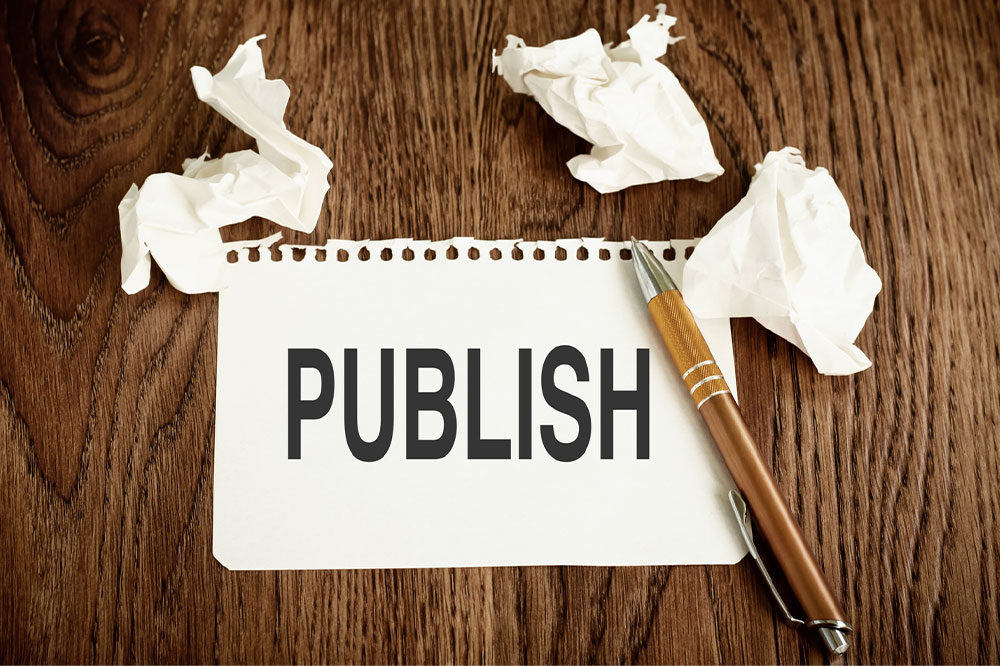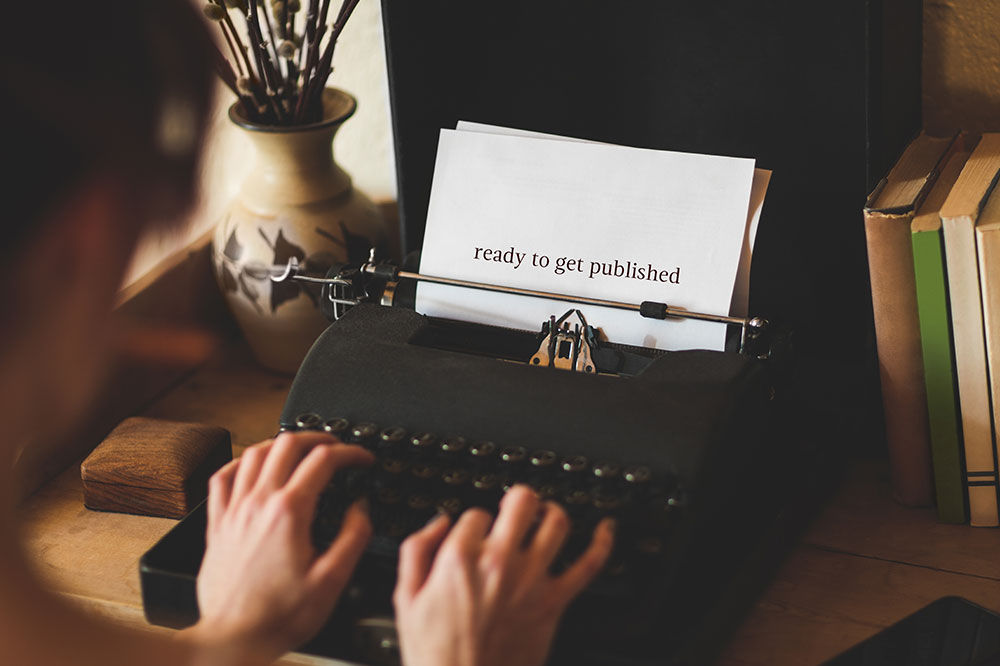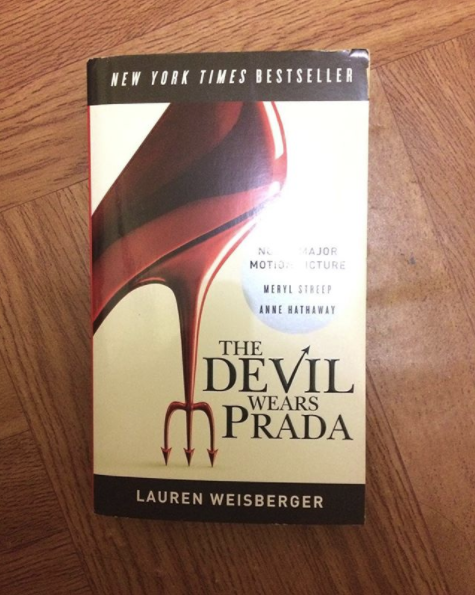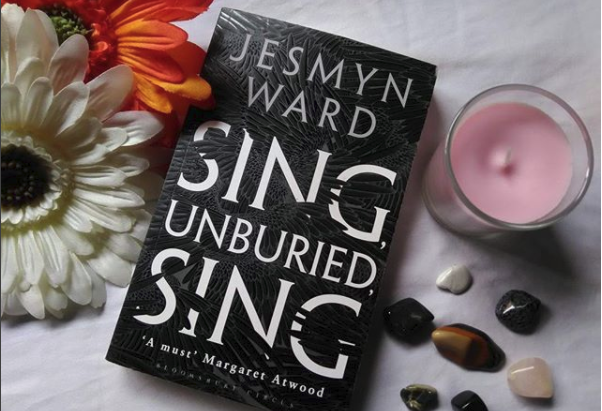Essential Duties of Book Editors and Proofreading Specialists
Discover the essential roles and responsibilities of book editors and proofreaders. Learn how these professionals refine your manuscript’s language, structure, and formatting to ensure a polished, publication-ready book. From objective feedback to error correction, understand how working with experienced editors and proofreaders can enhance your writing process and improve your chances of success in the publishing world.
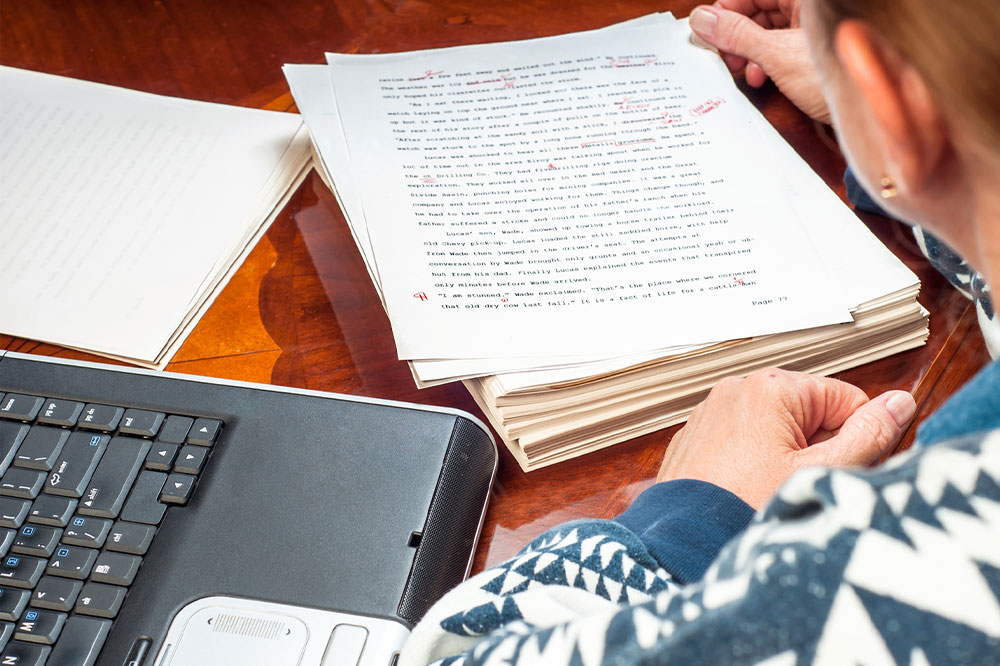
Core Functions of Book Editors and Proofreaders
Authors, whether new or experienced, often need assistance preparing their manuscripts for publication. This is where the expertise of a book editor becomes crucial. A competent editor goes beyond proofreading; they serve as a trusted partner in developing a polished, error-free manuscript. From refining language style to ensuring grammatical precision, editors help enhance overall readability and professionalism of a book.
Roles of an editor
Here are the main tasks performed by book editors:
Provide objective feedback: One key reason to engage a book editor is their ability to offer neutral insights into your work.
Authors often develop emotional ties to their manuscripts, making it challenging to identify areas needing improvement. An editor offers fresh eyes and constructive feedback, helping you view your work from a reader’s perspective.
Improve writing quality: A skilled editor understands language rules well enough to help sharpen your writing style. They can spot inconsistencies, enhance sentence flow, and suggest alternative phrasing, elevating your manuscript to a professional level.
Assist with plot and character development: Engaging stories and well-rounded characters are vital for capturing readers’ interest. Editors analyze your plot for gaps, pacing issues, and inconsistencies, offering suggestions to strengthen the narrative. They also guide character development to create relatable and memorable figures.
Structural editing: This involves reviewing the overall organization, flow, and pacing of your book. An editor can help rearrange chapters, refine scene sequences, and improve the story arc, resulting in a cohesive, engaging reading experience. They identify missing details or story lags, guiding you toward a polished manuscript.
Proofreading duties
A proofreader ensures that your final manuscript is free from errors. While editors focus on content and structure, proofreaders concentrate on eliminating typos, grammar mistakes, and inconsistencies, making your book error-free and professional.
Correct errors: Despite meticulous writing, some mistakes can slip through. Proofreaders catch these typos and grammatical errors, ensuring a flawless final product that boosts your credibility and reader satisfaction.
Maintain consistency and clarity: Proofreaders verify uniformity in spelling, punctuation, and formatting throughout the manuscript. They also identify ambiguous sentences, proposing clearer alternatives to make your writing more understandable and engaging.
Format and layout assistance: They help with the visual presentation of your book, checking margins, font styles, headings, and pagination to ensure a professional appearance. Proper formatting enhances readability and visual appeal.
Choosing the right professionals
Working with editors or proofreaders offers distinct advantages. Proofreaders deliver meticulous error correction, while editors provide in-depth feedback and creative collaboration. Local professionals can offer insight into market trends and reader preferences, enabling tailored editing approaches. Close proximity facilitates better communication, making the editing process smoother and more personalized. Combining both services helps perfect your manuscript for publication. When selecting professionals, consider their experience, communication style, editing philosophy, and costs to make an informed decision.
Experience and suitability: Choose editors and proofreaders with relevant industry experience and genre specialization. Review their track records, portfolios, and client reviews to ensure quality results.
Good communication: Effective collaboration depends on clear, open communication. Professionals should be receptive to feedback and willing to discuss your goals frequently.
Compatibility and style: Ensure their editing style aligns with your vision. Some may be more hands-on, others more preservation-focused. Discuss their approach beforehand to find a good fit.
Cost, timing, and value: Compare quotes and turnaround times across providers. Prioritize quality to maximize the value of professional editing and proofreading contributions to your success.
Partnering with skilled editors and proofreaders enhances manuscript quality and increases its chances of success in the market.

